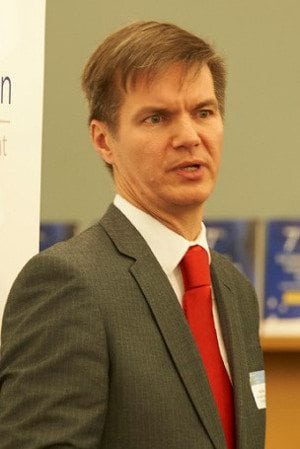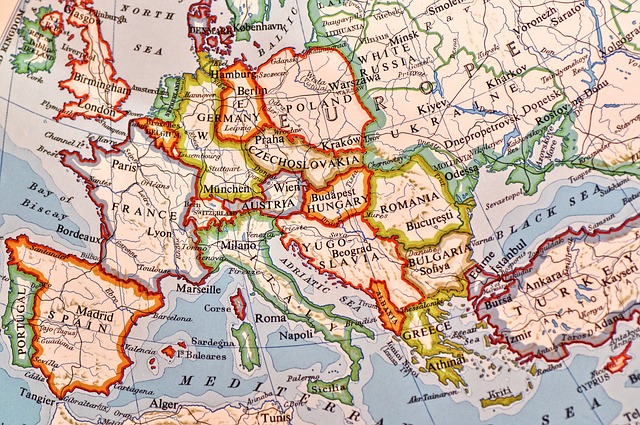Risk is inevitable and communication is vital.

David Zaruk is an expert on risk. As a regulatory policy analyst, also known at The Risk Monger, he is particularly knowledgeable about the seed industry’s interaction with Europe’s complex regulatory framework. He’s also a regular columnist for Seed World Europe.
SW: What are the most significant challenges seed companies face when trading with Europe?
Zaruk: One of the things that we tend not to understand and that gets lost in a lot of the debates is that this is a trade issue more than a scientific or ideological issue. If you block a seed or products from those seeds from being exported into the European Union, then you can give certain advantages to your own farmers or your own seed companies.
SW: How do Europe’s stringent regulations impact our innovation and competitiveness?
Zaruk: Europe has exported quite a few researchers to North America and when the European Court of Justice had their decision, which said that the new plant breeding technologies would have to be regulated under the 2001 GMO Directive, they essentially knocked the wind out of the sails of many of the innovative seed researchers within Europe. I think Europe is at a competitive disadvantage on a lot of these issues.
SW: Your area of expertise is in risk. Do you think that we have effective communication of risk within the seed industry? How could we improve it?
Zaruk: We can always improve communication on risk. It’s based on trust. It’s based on very clear information, well communicated by trusted public figures. I think one of the real problems is the relationship of the food chain itself. The seed breeders are at the very beginning of the process, and they work with agronomists who are working with farmers to develop the seeds to answer the problems that they have. Now the farmers, meanwhile, are working with their buyers and perhaps also food processors and food manufacturers, who themselves are working with the brands and the retailers. But this chain cannot be integrated without good risk communication.
SW: How are sustainability concerns being integrated into Europe’s regulatory framework for seeds?
Zaruk: One of the difficulties that we have is defining sustainability. Many people would say sustainability means it has to be in harmony with nature. If you’re using something synthetic, or you’re putting a pesticide onto a seed, you’re not being sustainable. The whole idea of an integrated pest management system is interpreted in different ways because the goal of it is to use as little pesticides as possible. Defining sustainability on the farm is almost impossible. Better communication along the food chain will yield to more sustainable farming approach.
SW: What future regulatory policy trends could affect seed trade with Europe?
Zaruk: We will reach 10 billion people [in population] at some point. I don’t think European farming will be the main center of where this growth in agriculture will take off. We saw already after the crisis in Ukraine how farming tried to expand its yields and capacity quickly to cover this loss, particularly because Ukraine exported a large amount of food to the World Food Program in developing countries. It’s important to realize that the future of farming is going to be in countries in Africa, where they have a large amount of underutilized farmland as well as the largest growing population. And there we’re beginning to see, particularly with the seed technologies, that many of these gene editing processes can solve problems in the field.
Next: Kevin Diehl, Petra Jorasch












